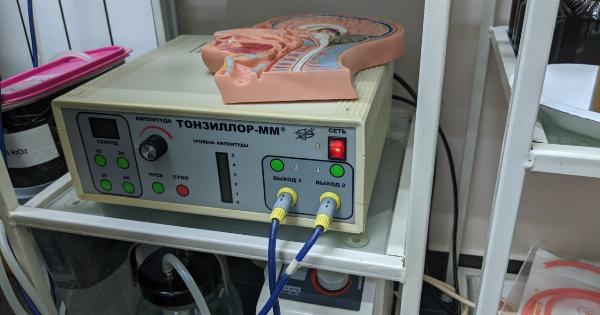Honey has been a part of human history for over 8,000 years and has been used for its therapeutic properties since ancient times. In this article, we will explore the different therapeutic properties of honey and how they can benefit our health.
Antibacterial Properties
One of the most well-known therapeutic properties of honey is its antibacterial properties. Honey is known to contain hydrogen peroxide, which helps to kill bacteria that can cause infections.
Additionally, honey contains a compound called methylglyoxal, which has been found to have strong antibacterial properties.
Studies have shown that honey is effective in treating a variety of bacterial infections, including Staphylococcus aureus and Pseudomonas aeruginosa.
Honey has also been found to be effective in preventing the growth of bacteria that can cause food poisoning.
Antioxidant Properties
Honey is also a rich source of antioxidants, which are important for protecting the body against the damage caused by free radicals.
Free radicals are unstable molecules that can damage cells and contribute to the development of chronic diseases like cancer and heart disease.
The antioxidants in honey include flavonoids, phenolic acids, and ascorbic acid. Some types of honey, like manuka honey, have been found to have particularly high levels of antioxidants.
Wound-Healing Properties
Honey has been used for centuries to treat wounds and promote healing. The antibacterial properties of honey help to prevent infections, while the anti-inflammatory properties can reduce swelling and pain.
Additionally, honey has been found to promote the growth of new tissue and blood vessels, which can help to speed up the healing process. Honey has been used to treat a variety of wounds, including burns, diabetic foot ulcers, and surgical wounds.
Cough-Suppressant Properties
Honey has been found to be an effective cough suppressant, especially in children. In one study, honey was found to be more effective in reducing cough frequency and severity than the over-the-counter cough medicine dextromethorphan.
Honey is also a natural remedy for sore throat, as it can help to soothe and coat the throat. It can be consumed on its own or added to warm water or tea.
Gastrointestinal Properties
Honey has been found to have a number of gastrointestinal properties that can benefit our health. For one, honey has been found to have a prebiotic effect, which means that it can promote the growth of healthy gut bacteria.
Additionally, honey has been found to have a protective effect on the gastrointestinal tract, helping to prevent and treat conditions like ulcers and gastritis. The anti-inflammatory properties of honey can also help to reduce inflammation in the gut.
Anti-Cancer Properties
While more research is needed, some studies have found that honey may have anti-cancer properties. One study found that honey was effective in slowing the growth and spread of breast cancer cells in the lab.
Additionally, honey has been found to have a number of properties that could be beneficial in preventing cancer, including antioxidant and anti-inflammatory properties.
Skin-Care Properties
Honey has been used for centuries as a natural skin-care remedy.
The antibacterial and anti-inflammatory properties of honey can help to prevent and treat acne, while the antioxidants can help to protect the skin against the damage caused by free radicals.
Honey can also be used as a moisturizer, as it can help to keep the skin hydrated and prevent dryness.
Additionally, honey has been found to have a mild exfoliating effect, which can help to remove dead skin cells and promote a smoother, more radiant complexion.
Immune-Boosting Properties
Honey has been found to have a number of immune-boosting properties. The antioxidants in honey can help to protect the body against the damage caused by free radicals, while the antibacterial properties can help to prevent and treat infections.
Additionally, honey has been found to help stimulate the production of cytokines, which are important for immune function.
Honey has also been found to have anti-inflammatory properties, which can help to reduce inflammation in the body and support overall immune health.
Conclusion
Honey has been used for its therapeutic properties for thousands of years, and modern research has confirmed many of its benefits.
From its antibacterial and antioxidant properties to its wound-healing and immune-boosting properties, honey has a lot to offer our health.
Whether you consume it on its own or use it topically, honey is a natural, versatile remedy that can support our health and well-being.






























